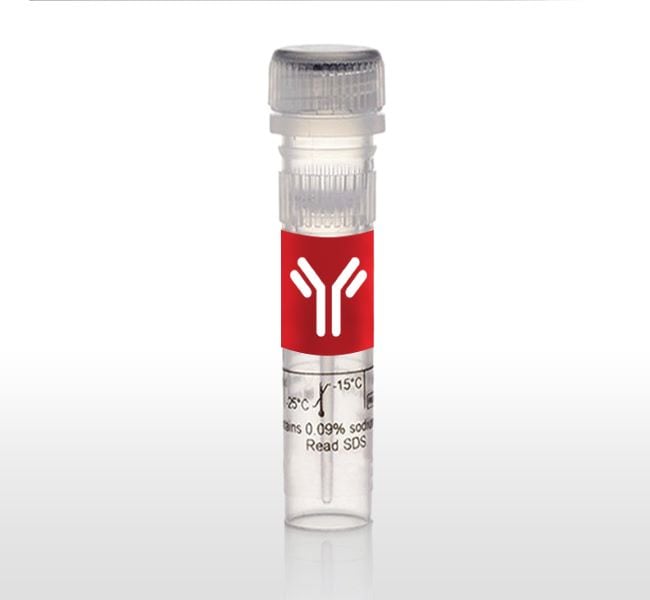Search Thermo Fisher Scientific
Single-Stranded DNA Binding Protein (SSB)

Single-Stranded DNA Binding Protein (SSB)
| Catalog Number | Unit Size | Price (USD) | Availability | Quantity | |
|---|---|---|---|---|---|
| 70032Z500UG | 500 µg | Price: 588.00 Online price: 503.65 Your price: | - |
PCR can be optimized by adding this binding protein to the reaction. SSB can be added to stabilize denatured DNA during PCR experiments, and can serve as an additive to a PCR reaction to protect the ssDNA from being digested by nucleases. SSB has been shown to improve PCR with difficult templates by acting directly, or indirectly, on polymerases by increasing their strand displacement activity and their affinity for the primer-template.
SSB has also been used in conjunction with RecA protein for carrying out site-directed mutagenesis and to select sequences from libraries of double-stranded DNA. SSB has been shown to minimize deletion mutagenesis artifacts in PCR products thereby enhancing PCR yield.
SSB may also stimulate specific DNA polymerases used in DNA sequencing reactions and has been used to target restriction endonuclease digestions to specific sites in single-stranded DNA for subsequent mutagenesis.
SSB has been shown to be effective in fluorescence polarization assays and eliminates pausing when sequencing through strong secondary structure. More recently, SSB was used to help obtain longer read lengths in pyrosequencing for SNP analysis.
Properties
Consists of four identical 18.9 kDa subunits
Isoelectric Point: 6.0
Nucleotides Bound Per Monomer: 8-16
Thermostability: SSB retains activity after 20 min incubation at 65°C.
Purity
Greater than 95% pure as determined by SDS-PAGE. Tested for contaminating non-specific endonucleases, exonucleases, and ribonucleases.
Storage Buffer
50 mM Tris-HCl (pH 7.5), 200 mM NaCl, 0.1 mM EDTA, 1.0 mM DTT, 50% glycerol.
Activity
Approximately 5 μg of SSB protein is required to prevent optical density change of 1 μg of single-stranded DNA upon addition of 10 mM MgCl2.
Concentration
5 μg/µL; measured by A280
Source
E. coli strain containing an overproducing clone of E. coli SSB protein.
Applications:
1. Enhancement of DNA polymerase activity
2. Fluorescence polarization assays
3. Allows for longer read lengths in pyrosequencing for SNP analysis
4. Eliminates pausing when sequencing through regions of single and double-stranded DNA with strong secondary structure
5. Improves restriction enzyme digestions
6. Site-directed mutagenesis in conjunction with recA